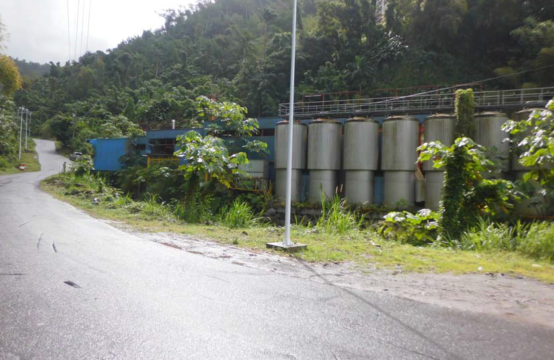
We are back this year to remind you to be vigilant as the 2016 Atlantic Hurricane Season has officially begun. While you should have already begun preparations to safeguard you and your family, we thought we’d share this article with you to ensure that you are Hurricane Ready. Hurricanes are strong, life-threatening storms which can cause serious property damage. Being prepared for a hurricane before it is near is the best form of protection.
- Ensure that there is a well-stocked supply of all the necessities. This includes flashlights, batteries, money, first aid supplies. Have enough non-perishable food items (crackers, cereal, ramen noodles, rice & beans, etc.) to last for a few days in case of flooding or blocked roads. If you are running low on medication, ensure that you have them refilled beforehand.
- Ensure that you are adequately insured. Your home should be insured at its current value. Sometimes home renovations/improvements are done but the insurance value is not revised to reflect the increase in value. Further, consider getting contents insurance for your furniture, appliances etc. If you do, be sure to keep an inventory of these contents.
- Keep copies of personal documents containing important information in a safe but easy to get to location (critical medical information, certificate of titles, passports, birth & death certificates, insurance policies, credit cards, etc.).
- Hurricane force winds can cause branches to break off trees, and even throw down entire trees as well. Therefore it is wise to trim or remove damaged trees and limbs to keep you, your family and your property safe from preventable damage. Storm shutters offer windows the best protection. If this cannot be done, another option is to board up windows with exterior grade plywood, cut to fit and ready to install.
- Turn your refrigerator/freezer to its coldest setting and only open when absolutely necessary. If power is lost, this will help food last longer before going bad. Unplug all small appliances that do not need to be plugged in. Ensure that your vehicle’s tank has enough fuel in case of emergencies.
- Stay updated with what is going on by paying attention to your television/radio often to get the latest weather updates and emergency instructions. Remain alerted for news regarding extended rainfall and consequential flooding even after the storm has ended.











